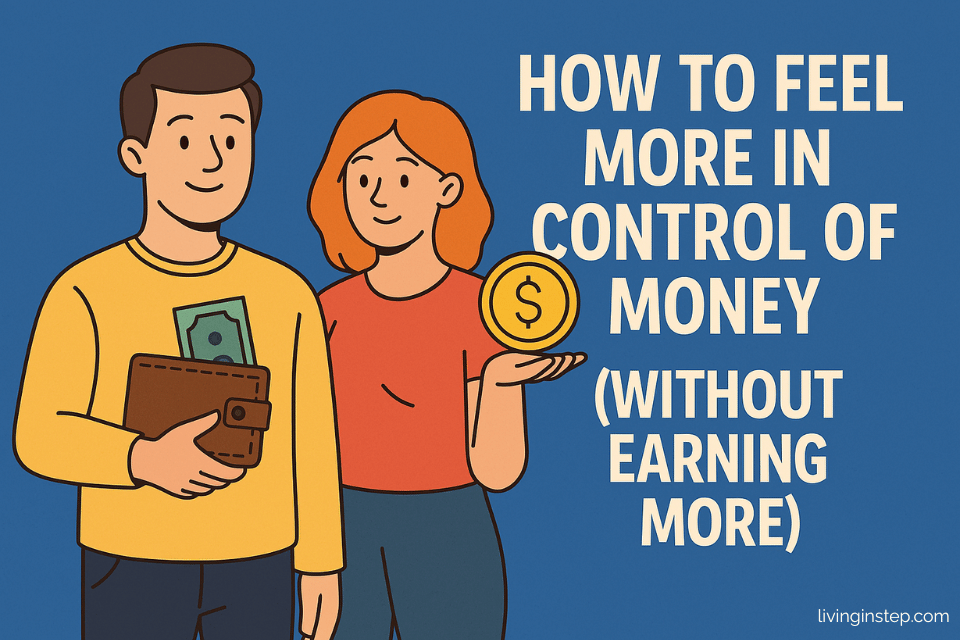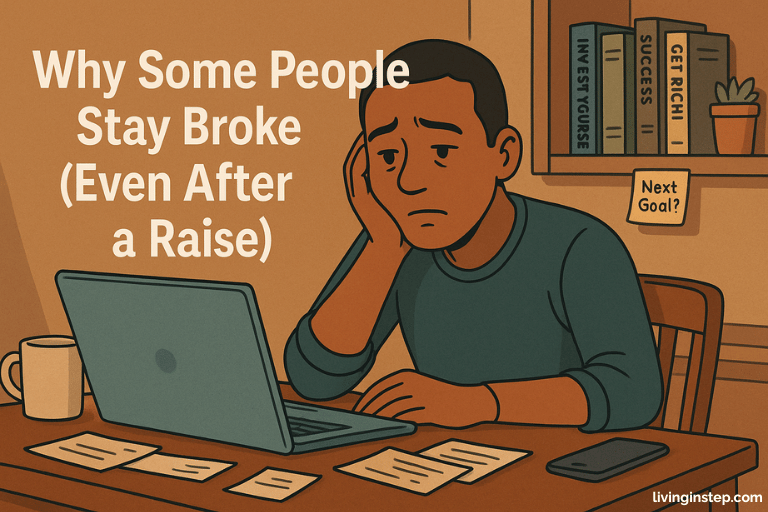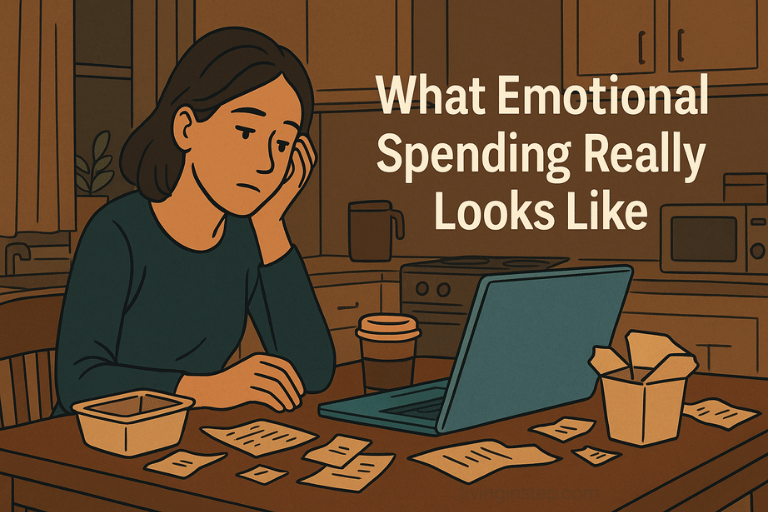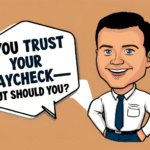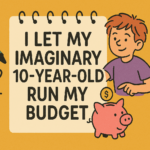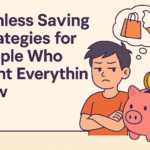It’s easy to assume that more money would fix everything.
That if your income jumped by 20%
Or 50%
Or doubled overnight
…everything would suddenly feel calmer, simpler, and more manageable
But here’s the thing:
A lot of people earn more
And still feel behind
Still feel scattered
Still feel like their money controls them
So maybe the feeling of control doesn’t come from how much you earn
Maybe it comes from something else entirely
This isn’t about tricks or hacks
It’s about what changes the moment money starts feeling less slippery
That moment where you’re no longer second-guessing every purchase
Where you stop holding your breath between paychecks
Where you feel like you’re not just reacting to money—you’re controlling it
And the surprising part?
That shift doesn’t always need a higher income
It just needs better footing
So what does that actually look like?
Let’s start here—because it’s the part where most people think they already know the answer:
“Spend less, track more, be disciplined.”
That advice is everywhere. You’ve probably heard it so many times it barely registers anymore.
But if it worked on its own, you wouldn’t still be reading this, would you?
So let’s go deeper.
Let’s talk about what people actually do when money starts to feel less chaotic—even if their income hasn’t changed at all.
They know what’s fixed and what’s flexible
This might sound simple
But most people don’t actually make this distinction clearly
Rent? Fixed.
Groceries? Flexible.
Streaming services, nail appointments, weekend takeout? Flexible.
But until you draw that line on paper—not just in your head—it all feels like one big swirling expense pile
Feeling in control starts with knowing what you can adjust without spiraling
Have you ever looked at your bank account and thought,
“I don’t even know what happened here”?
That’s often the problem—not the amount, but the blur
They reduce the number of decisions they have to make
This one’s energy draining.
The more decisions you have to make, the faster your willpower wears down
And when you’re tired or stressed, decisions get messy
Ordering dinner again?
Skipping that payment for just one month?
Transferring from savings just this once?
Every choice drains energy
People who feel more control over their money?
They build systems that remove decisions
They automate savings
They plan spending
They create “buckets” so they don’t have to constantly think about what’s off-limits
Less decision fatigue = more headspace = more control
They separate emotion from information
This doesn’t mean ignoring your feelings
It means not letting your feelings steer the numbers
Money shame? Everyone’s felt it.
But if checking your account sends you into panic mode
You’ll start avoiding the very data that could help you
People who feel more in control?
They treat money like feedback—not a moral scorecard
They look at it
Process it
Then move on
No spirals. No drama. Just, “Okay, now I know.”
What would happen if you treated your spending the way you’d treat a GPS reroute—neutral, and useful?
Here’s the moment where you might want to click away
Right now, it might feel like you’ve already got the point.
Simplify. Categorize. Automate.
Sounds manageable enough, right?
But here’s what that thinking misses:
Control isn’t just about what you do with money
It’s about what money doesn’t do to you
It’s about not panicking when something breaks
It’s about not wondering if this is the month things fall apart
It’s about looking at your money and thinking,
“I know what this is, and I know what happens next.”
That’s what most people really want.
And it’s more possible than you think
They keep a tiny buffer—even if it’s just $100
This one changes more than you’d expect
A little breathing room makes better decisions
Even a small emergency fund can shift how you experience an unexpected expense
Instead of “I’m screwed”
You get “Good thing I’ve got this covered”
That shift?
It’s not just financial—it’s emotional
And it makes a huge difference in how you move through the month
Final thought
Money control doesn’t start with earning more
It starts with reducing chaos
With removing friction
With quiet systems that give you space to breathe
And no, it won’t solve everything overnight
But when money starts feeling less like a fire and more like a tool
That’s when everything else gets easier to fix too
Note: This content is for entertainment purposes only and is not financial advice. Please consult a qualified financial advisor for guidance specific to your situation.

